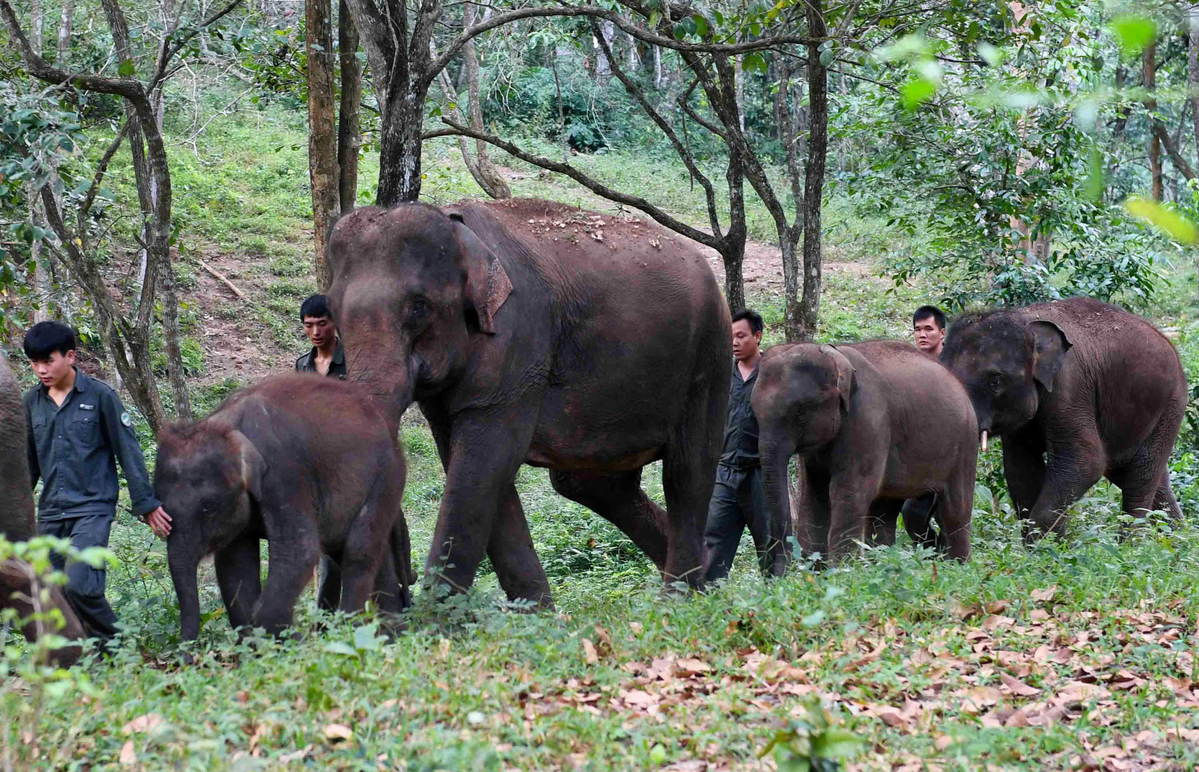Most of China’s wild Asian elephants, over 280, are in Xishuangbanna, Yunnan province. These elephants often venture into human-populated areas, attracted by food like corn and bananas, leading to conflicts. To address this, local governments and conservation groups have implemented strategies such as establishing the Asian Elephant Safety Warning Monitoring Team in Jinghong and Mengla, which uses drones to track elephant movements.
The International Fund for Animal Welfare (IFAW) launched a project in Daotangqing village to promote coexistence. They introduced beekeeping, providing 100 hives and training to 10 families, generating about 200,000 yuan between 2020 and 2022. Despite a setback from hornet attacks, the community continues beekeeping efforts. Additionally, IFAW introduced cash crops like mangos and macadamia nuts, offering sustainable income alternatives.
In 2021, IFAW installed a photovoltaic system for a family, producing revenue shared with the community. They expanded their efforts to Konggeliudui community, combining beekeeping with traditional embroidery, enhancing local skills and income while reducing human-elephant conflicts. Honey from these projects, branded Zero-Carbon Elephant-Friendly Honey, was sold in major cities, supporting sustainable development.
This post was originally published on 3rd party site mentioned in the title of this site






